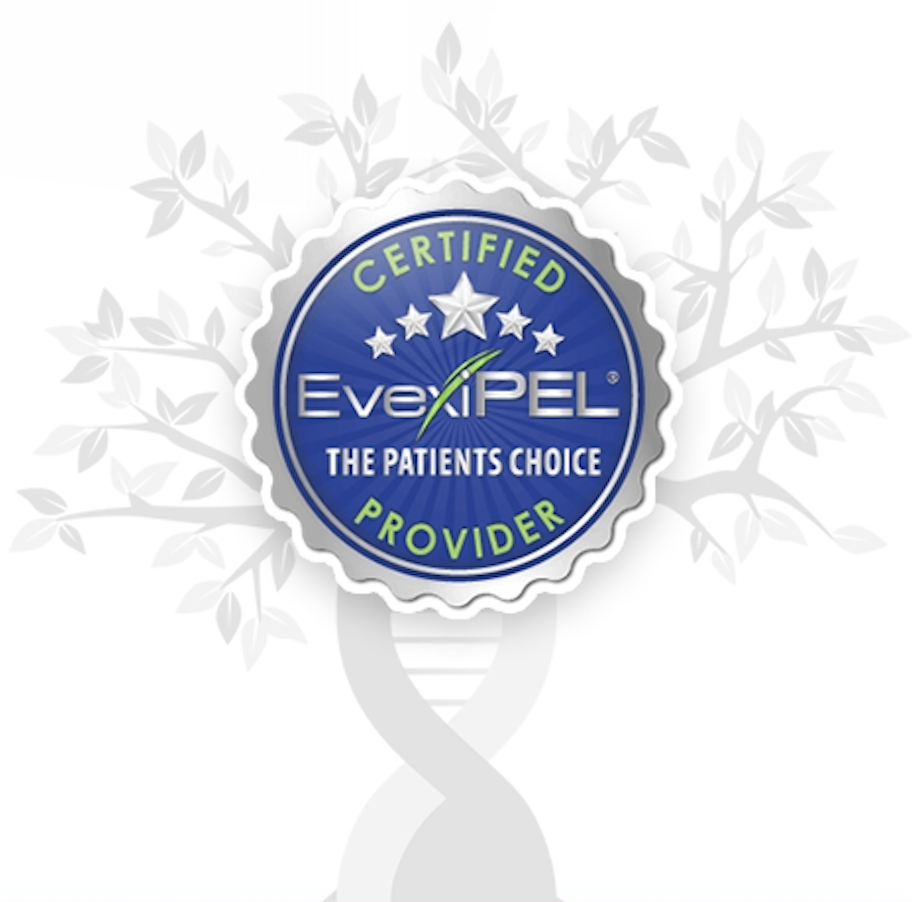

by
|
Hypothyroidism affects about 3% of men and about 8% of women globally. This number is likely to be higher as many people are not diagnosed. Hypothyroidism is common, yet many people do not realize they have a hypothyroid condition.
Hypothyroidism can cause issues with weight management, energy, sleep, mood, and more. Many people write off the symptoms and do not get treatment. This impacts the quality of life and can impair health too.
Learn more about this common but largely underdiagnosed condition. Plus, get insights on the best treatment for hypothyroidism below.
Hypothyroidism is a dysfunction of the thyroid caused by insufficient hormone production. The thyroid is a “V” shaped gland in the neck responsible for hormone production and energy expenditure. There are many hormones produced by the thyroid gland, with T3 and T4 being the most prominent.
Hypothyroidism is a condition where the thyroid doesn’t produce enough of these hormones for the bloodstream. This causes the body’s metabolism to slow down, impacting your entire system.
Hypothyroidism is also known as an underactive thyroid. Some people have been diagnosed with hypothyroidism, but it is expected that many more suffer from undiagnosed hypothyroidism.
Hypothyroidism affects 5 percent of the population above the age of twelve, with an estimated additional 5 percent of undiagnosed patients. Women are more likely to develop hypothyroidism. Since the thyroid is responsible for hormone production, there is speculation that due to hormone fluctuations in menstruation, pregnancy, and menopause, women are more likely to develop or notice symptoms.
One in eight women deals with a thyroid condition at some point in their lives. That being said, men are not strangers to hypothyroidism. The disease is also more common in people above the age of 60.
Predisposing factors for hypothyroidism include:
Previous thyroid complicationsUndergone radioactive iodine treatmentReceived radiation near the thyroid, such as in the neck or chestHave a family history of any thyroid diseaseEndured pregnancy in the last six monthsHave the genetic disorder known as Turner Syndrome
Thyroid conditions, such as hypothyroidism are also more common in people with underlying health conditions such as:
DiabetesLupusRheumatoid arthritisPernicious anemia (anemia caused by lack of intrinsic factor, a principal protein responsible for the absorption of vitamin B-12)Celiac Disease
Hypothyroidism can affect anyone, even seemingly healthy individuals of any age. But the factors above put some at a higher risk of developing it.
Hypothyroidism might have just one cause or it can have multiple factors causing it. A primary cause directly impacts the thyroid. Secondary causes impact the pituitary gland and cause it to fail, which in turn causes the thyroid to be unable to send out hormones due to a TSH imbalance.The most common cause of hypothyroidism is an inherited autoimmune disease known as Hashimoto’s. 14 million people in the United States have been diagnosed with Hashimoto’s, including celebrities like Kim Alexis, Gigi Hadid, and Kim Cattrall.
Hashimoto’s disease is the primary precursor to hypothyroidism. Other causes include:
Thyroiditis (chronic inflammation of the thyroid)Exposure to radiation or treatment for another thyroid disease such as hyperthyroidismIodine deficiency (iodine is a vital mineral used by the body to stimulate hormone production)Hereditary predispositions or genetic conditionsPostpartum thyroiditis (hypothyroidism caused due to hormone fluctuations after a recent pregnancy)
In some cases, viruses can cause hypothyroidism, but the evidence on that is limited.
Hypothyroidism is unfortunately misdiagnosed by many. This is because any of the symptoms of hypothyroidism are attributed to other factors like leading a stressful lifestyle, not getting enough sleep, or consuming an unhealthy diet. If you are experiencing any of the symptoms below in conjunction, you could have hypothyroidism:
Chronic fatigueNumbness and tingling in your handsConstipationUnintentional weight gainSore musclesHigh blood cholesterol levelsFeeling depressed all of the timeFeeling extremely coldDry skinCoarse, brittle hairReduced libidoFrequent and heavy menstruationNoticeable changes to the face including puffiness and droopy eyelidsMemory loss or brand fogNoticing your voice becomes deeper and hoarseEnlarged thyroid gland (goiter)
While having these symptoms doesn’t always translate to hypothyroidism, sometimes it does. These symptoms are a result of the metabolism slowing due to insufficient thyroid hormone production.
Hypothyroidism is detected via a blood sample. Doctors examine the TSH and T4 hormones in the blood. If TSH returns high, this usually indicates hypothyroidism, which is an underactive thyroid.
The most common treatment for hypothyroidism is hormone replacement therapy. However, under the umbrella of hormone replacement therapy, there are many kinds of treatments and brands.
The medical name for the treatment administered is known as levothyroxine. Levothyroxine replaces thyroxine, a hormone that when deficient results in hypothyroidism.
Levothyroxine is a treatment and not a cure, which means to manage your hypothyroidism, you will need to continue relying on this supplement.
This medication usually comes in a pill form and is consumed orally daily. The dose of the medication can change over time, as your practitioner will likely monitor your thyroid levels over time.
Chemical pills for hormone therapy may be a hypothyroidism solution, but they are not without their side effects. EvexiPEL offers a safer alternative to regular hormone replacement therapy.
EvexiPEL uses a combination of bioidentical hormone therapy and hormone-balancing specialists to create a holistic treatment plan. EvexiPEL Certified Providers, who are experts in hormone health can help with integrative treatment plans with less medication and lifestyle changes.
Hypothyroidism is a common, frustrating, albeit treatable disease. The sooner you manage your hypothyroidism symptoms, the fewer complications and progression there will be down the line.
If you feel you’ve been dismissed regarding your hypothyroidism symptoms, consult with an EvexiPEL Certified Practitioner to determine if you have hypothyroidism and how to treat it early. EvexiPEL Certified Practitioners are highly trained to support you in getting to the root cause of your condition and developing a treatment plan specific to you.
EvexiPEL Certified Providers use a combination of bioidentical hormone therapy, nutrition tips, and lifestyle changes to minimize complications or the need for prescription medications that only mask symptoms rather than addressing the cause of the problem. Find an EvexiPEL Certified Practitioner near you and take control of your health now.
The post The Facts About Hypothyroid Conditions: Symptoms, Causes, Treatment appeared first on EVEXIAS Health Solutions.
